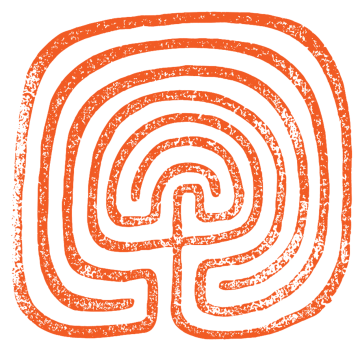Titania's Dream
Titania's Dream
Titania's Dream (2015) for piano trio – 24’
–vln, vcl, pno
–Commissioned by South Mountain Concerts for their 60th Anniversary Season
–Written for the Kalichstein Laredo Robinson Trio
–Premiered at South Mountain Concerts, Aug 2015
Available for purchase as a digital download here.
Program Listing
David Ludwig: Piano Trio No. 2 "Titania’s Dream” (2015)
I. Overture (The Lovers)
II. Scherzo (The Faeries)
III. Marches & Song (The Mechanicals)
IV. Interlude (The Dreamers)
V. Reverture (The Wedding)
Program Notes
Titania’s Dream is incidental music for Shakespeare’s A Midsummer Night’s Dream. The idea for this was inspired by the commissioner of the piece, the South Mountain concert series, which was founded by Elizabeth Sprague Coolidge; one of the first great patrons of the arts in the United States. Coolidge was an extraordinary person who supported countless musicians and many composers, all in the name of expanding chamber music repertoire and broadening the reach of an ever-changing art form. Ms. Coolidge must have had such a presence: one of her closest friends frequently began his correspondence with her “Dear Faerie Queen…”
In my fascination with Coolidge it was a short trip then to Shakespeare’s great play, which has motivated so much other art and so many other artists since it was written. In “A Midsummer Night’s Dream,” Titania is the Queen of the Fairies, as impulsive, proud, and capricious as her husband the king, but just a little less devious.
Like the play, the piece is in five acts, each a reflection on what is happening in the drama. It begins with an Overture, the very beginning strings alone to convey the sense of loneliness at the start of the play, followed by themes and ideas heard throughout the rest of the piece. The second movement introduces music of the fairies and finishes with the magic of the love potion, as administered by the puckish forest spirit Puck, the source of all of the mishaps and misunderstandings in the story.
The “mechanicals” (an amateur acting team made up of townspeople) march in for the third movement, and here I thought about the movie “Waiting for Guffman,” which also features an amazingly bad play couched within a great play. The bumbling of the mechanicals gives way to the serious business of mistaken identities and the pain of unrequited love in the second and third scenes of Act III.
The slow fourth movement is called “The Dreamers” and here I wanted to capture some of the ineffable qualities of the play, which somehow makes you feel like you didn’t actually sit there watching it all along, but instead imagined the whole thing (as if in a dream…)
“Titania’s Dream” concludes with a “Reverture,” or a reverse Overture. As in the story the music nearly ends with a big wedding fanfare (and the performance of the mechanical’s homemade play). But it’s not quite over: Shakespeare adds one of the great codas in the history of theatre with Puck’s famous last words, and indeed–life is but a dream.
If we shadows have offended,
Think but this and all is mended,
That you have but slumber’d here
While these visions did appear…



